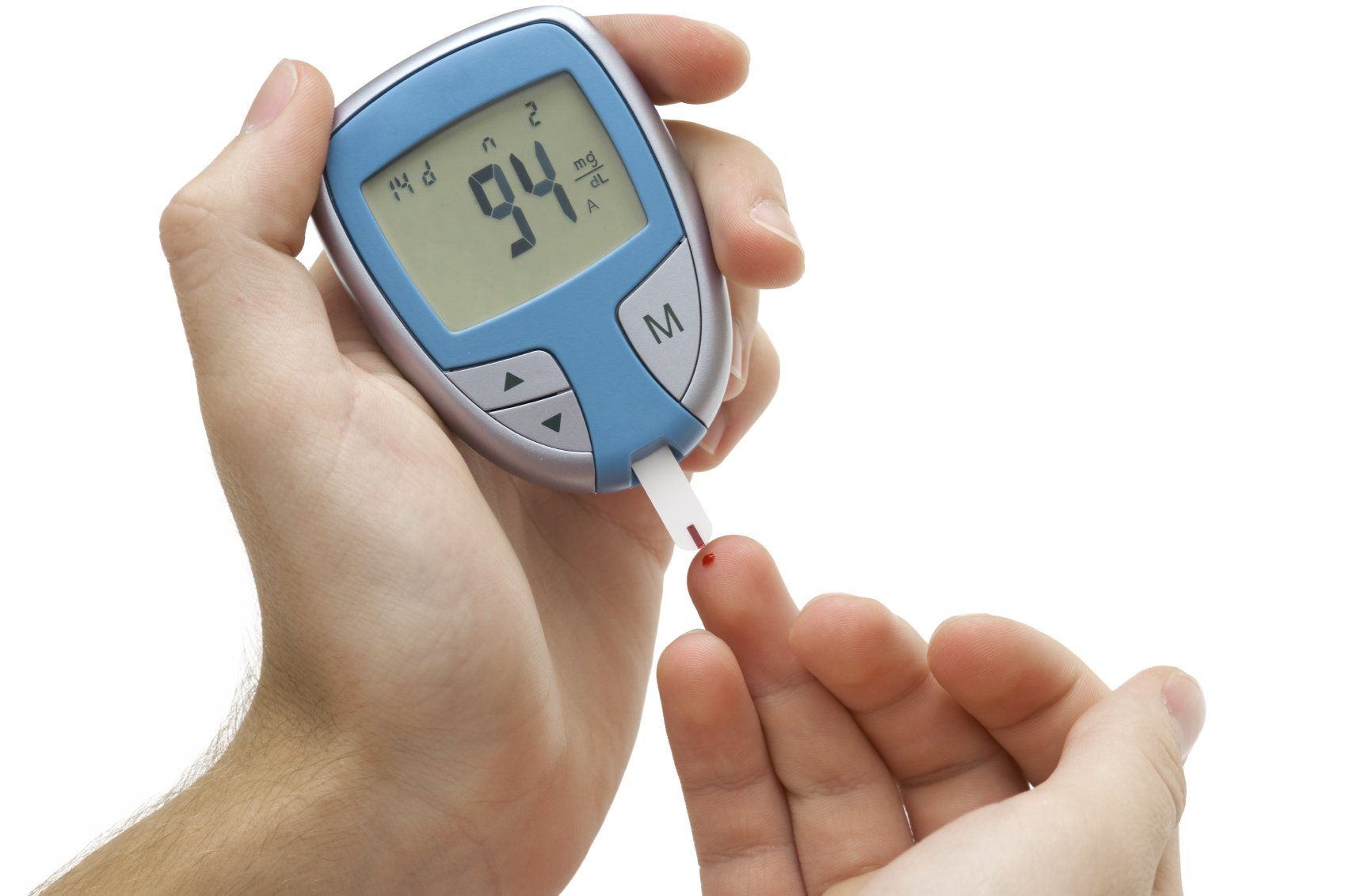Do you need Treatment?
Why Physiotherapy?
Do you need Treatment?
In these times of uncertainty regarding what we can expect when seeking medical care for ourselves and loved ones. I thought it would help to outline the role of physiotherapy within the community, what is Physiotherapy and how it can help, to give some clarity when deciding who to go and see. In a world that now offers unbelievable choices through social media to support your health, its sometimes difficult making the right choice on who to contact. It’s important that you understand the qualifications and expertise of the person you see when making your choice. Many medical practitioners are available, and each have their roles, so its not only important that you make sure the therapist is fully qualified and experienced in the treatment and management of your problem that fits your condition best. There are a good percentage of patients who attend my clinic due to the wrong advice being given, or in many cases the incorrect diagnosis and treatment. The qualifications, knowledge base and experience of the clinician you see will ultimately decide on the speed and safe outcome recovery of your trauma, especially when they work and communicate in conjunction with other health care professionals. The attitude of the clinician and their practice is especially important. They need to listen, show care and empathy but also have an in depth understanding of the anatomy and physiology related to your problem, with a range of skills to diagnose, treat and prescribe rehabilitation with advice and guidance.
Physiotherapists
Chartered Physiotherapists are recognised by all medical professions and the department of Health. In 2005 the Health and Social Care Bill outlined a professional council and regulatory board of 12 specific healthcare professionals. The title Physiotherapist alone is not evidence of a formal qualification in Physiotherapy. The title Chartered indicates that a physiotherapist is a member of a professional regulating body, has registered and has fulfilled the high standards of professional practice described by the health care professions council. They are someone who has done significant training to qualify themselves to be registered under the Chartered Society of Physiotherapy, for this they have participated in a 3–4-year degree. They are concerned with helping to restore well-being to people following injury, pain, medical conditions, or disability from diagnosis to full recovery. Using their specialism, knowledge taken from an extensive scientific and clinical background. Their remit covers people of all ages and all trauma to the body due to the training they undergo in hospitals to register as a health care professional with the HCPC. Physiotherapists are specially trained and regulated practitioners who use manual therapy including manipulation, mobilisation and massage including electrotherapy and are usually trained and qualified in many other skills. They work in both the private and public sector and often work as part of a multidisciplinary team in various areas of medicine and settings, including:
* Hospitals
* Community health centres or clinics
* GP surgeries
* Sports teams, clubs, charities, and workplaces.
* Can also offer home visits.
* Work in a variety of specialisms in health and social care. Additionally, some physiotherapists are involved in education, research, and service management.
What is Physiotherapy?
Physiotherapy is a science-based profession and takes a holistic ‘whole person’ approach to health and wellbeing, which includes the patient’s general lifestyle.
At the core is the patient’s involvement in their own care, through education, awareness, empowerment, guidance and participation in their treatment.
You can benefit from physiotherapy at any time in your life. Physiotherapy can range from helping with back pain or musculoskeletal injury, managing all long-term medical conditions, and in preparing for childbirth with pre and post-natal advice related to rehabilitation, guidance and advice.
Physiotherapy helps to restore movement and function when someone is affected by injury, illness, or disability. It can also help to reduce your risk of injury or illness in the future by advice and guidance.
When is Physiotherapy used?
With Physiotherapy being a degree-based healthcare profession and having to do at least a thousand clinical hours in a hospital covering the main systems of the body to qualify. Physiotherapists use their knowledge and skills to improve a range of conditions associated with different systems of the body and by considering the body and the person, rather than just focusing on the individual aspects of an injury or illness. Examples of conditions treated are as follows.
* Respiratory conditions - lung and breathing complications, asthma, chronic obstructive pulmonary disease (COPD) and cystic fibrosis.
* Neurological conditions - movement problems resulting from a stroke, multiple sclerosis (MS)
* Neuromusculoskeletal conditions - back pain, whiplash, and spinal associated disorder.
* Cardiovascular conditions - heart conditions and disease, rehabilitation after heart attack
* Musculoskeletal conditions -sports injuries, bones, ligaments, joints, and soft tissue problems, back pain, neck pain, shoulder, ankle, knee, and hip pain. Osteoarthritis, Osteoporosis.
* Conditions specifically related to the elderly.
*Conditions specifically related to the young
* Prescribing exercise programs and physical activity advice to help you manage your weight, improve your general health and mobility, and to strengthen specific parts of your body for balance, coordination, and stability.
* Giving education and advice – giving general advice about things that can affect your daily lives, such as posture and correct lifting or carrying techniques to help prevent injuries
* Manual therapy – where the physiotherapist uses their hands to help relieve pain and stiffness, and to encourage better movement of the body. There are other techniques that may sometimes be used, such as exercises carried out in water (hydrotherapy or aquatic therapy) or acupuncture.
* Physiotherapy can improve your physical capability and assist you to do more activity while helping you to prevent further injuries. It works on the body holistically to help you manage your needs physically, mentally, and emotionally, hopefully learning you the skills and providing the tools to help yourself. Although I have tried to outline what physiotherapy is, the outstanding variable in all the above is the quality of clinical service delivered. Always seek a qualified, experienced professional who has a good reputation at what they do and has a conscience and pride about what they do.
Gordon Ellis












